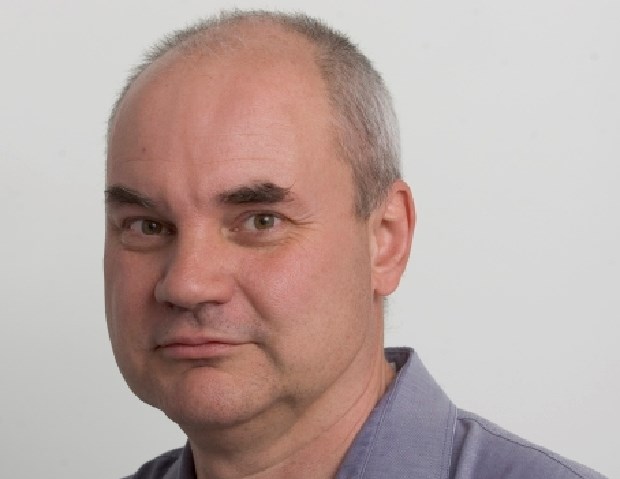Nestled among the picnic tables and campsites of Cowichan River Provincial Park, it’s an odd place to find a war memorial.
But Stoltz Pool was Charles Hoey’s favourite fishing hole, so that’s where they erected the cairn honouring the Duncan native and all the others killed in the Burma Campaign.
Hoey was a 29-year-old major in the British army when, already wounded in the leg and head, he grabbed a Bren gun from one of his soldiers and, firing from the hip, charged and wiped out a Japanese strongpoint before he, himself, died. Hoey was awarded a Victoria Cross, one of just 16 earned by Canadians during the Second World War.
Not many remember that story, or that today is the 68th anniversary of V-J Day, when Japan’s surrender ended the war.
The five old men who gathered at the cairn on Wednesday remembered, though. The last of the veterans of what history calls the Forgotten War, they make the pilgrimage to Stoltz Pool every year, ties neatly knotted, trouser creases sharp, the Burma Star pinned to their blue blazers.
British-born Hugh Quetton, who went to Yale at age 16 but quit to join the Royal Berkshire Regiment just two years later, made the trek from Victoria. So did Peter Lofts, who used to toil in the ground crew of an RAF transport squadron in Kohima, the place where the Japanese advance into India was halted. Victor Osborne came down from Nanaimo, a British commando beret on his head. Two others ferried over from the Lower Mainland.
It was a far cry from the crowd that used to congregate. Fifteen years ago, it took two buses to haul all the veterans to the Cowichan River ceremony. By some estimates, 6,500 Canadians served in the dirty, distant Burma Campaign that raged from 1942-45.
Numbers are dwindling fast, though. A dozen members of the Vancouver chapter of the Burma Star Veterans Association have died so far this year, leaving just 25. The Victoria chapter has now folded, with maybe a half-dozen Burma vets left on all of Vancouver Island.
Among the departed was Victoria’s Dr. David Rodger, who died this winter at age 102 (after volunteering at Royal Jubilee Hospital’s diagnostic imaging department until he was 100). Quetton — at 88, the youngest of the five at the cairn Wednesday — had a story about how Rodger, a senior medical officer in Gen. Bill Slim’s 14th army, solved a festering morale problem: With troops angrily balking at the prospect of painful inoculations against schistosomiasis, Rodger’s research determined the snails that carried the disease weren’t present in Burma, meaning the shots weren’t needed. Crisis averted — and, thanks to Quetton, another anecdote preserved.
It’s fascinating to hear their tales. “I used to blow up railway tracks,” says Nanaimo’s Osborne matter-of-factly. Indian Army gunboats would spirit him up jungle rivers and drop him off behind Japanese positions, where, often working alone, he would detonate explosives under a bridge — in and out in two days. “I didn’t stay around for them to get too angry,” the 94-year-old says. “They would execute you.”
It’s left to Osborne’s daughter to disclose that he volunteered for special operations out of anger, German bombers having killed his father in his London hospital bed during the Blitz of 1940.
The conditions in Burma were dreadful: cholera, malaria, dysentery, snake bites, monsoons, heat, malnutrition and mud up to the knees. Disease and the elements often caused more casualties than the fighting. “We had as many disease problems as Japanese problems,” says Lofts, who came down with dysentery on one occasion and landed in a Calcutta hospital with dengue fever on another.
Even peace had its challenges. After five years and 10 months of being surrounded by fellow sailors, Vancouver’s Percy Smith found holes in his social skills. “I didn’t know what a woman was. I didn’t know how to relate to a girl.”
It’s a rare treat to hear these tales before they vanish with the tellers. It was good to see the old boys get their due, too, a colour party from the Cowichan Legion parading them to the cairn, where the inscription reads: “When you go home/ tell them of us and say/ for your tomorrow/ we gave our today.”
Within sight of the cairn, as a piper played the sad, sad Scottish lament Flowers of the Forest, an angler tried his luck with a fly rod down at Charles Hoey’s favourite fishing hole.



